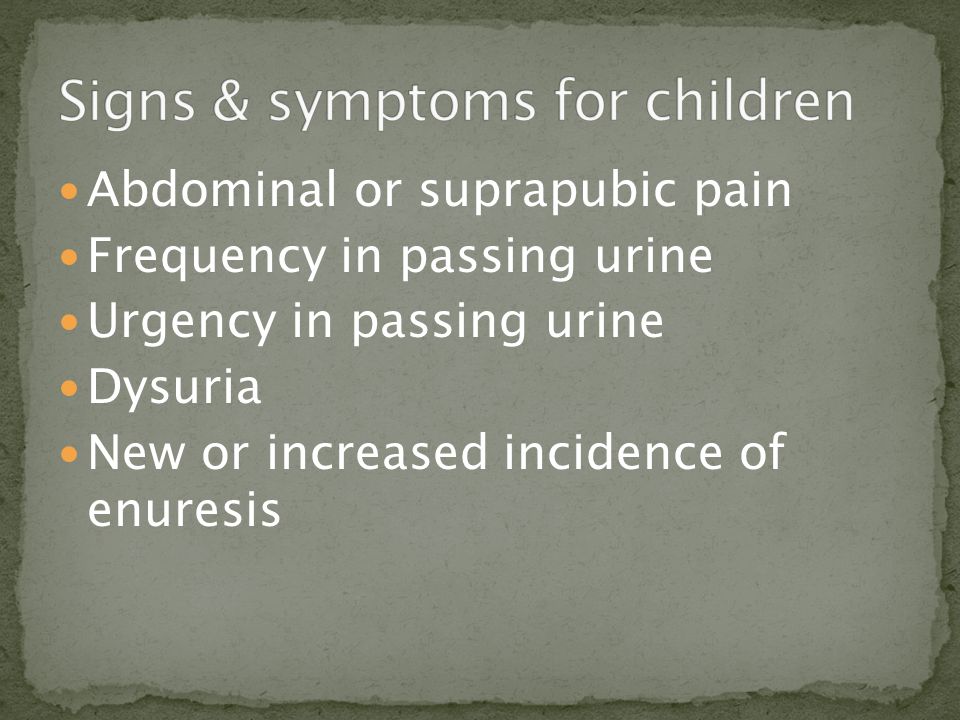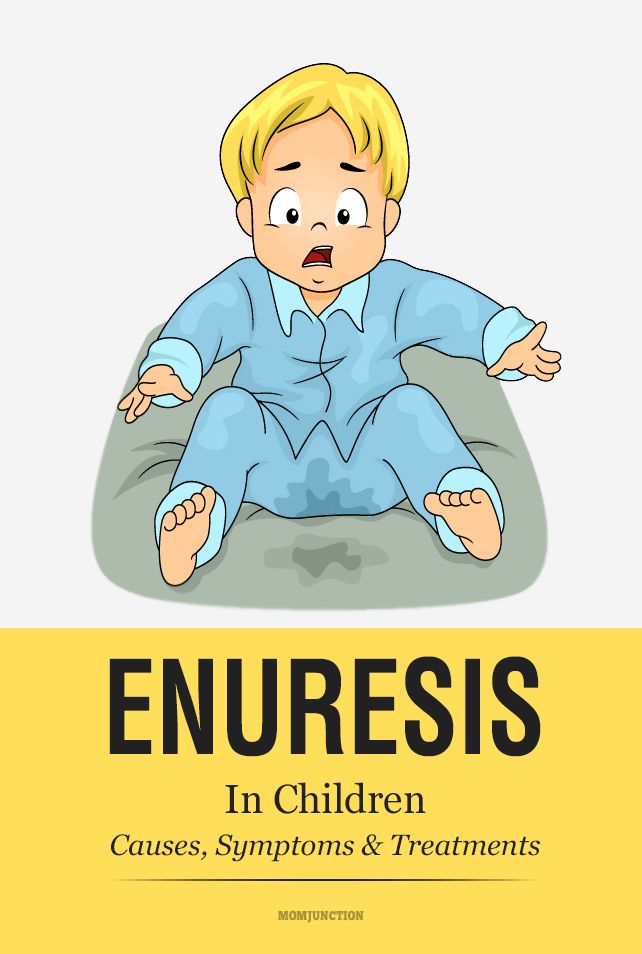
The medical term for not being able to stop your urine during sleep is "enuresis" (pronounced: ee-nyoo-rees). Many times people confuse their inability to stop their urine while sleeping with having an urge to urinate during the day. Sometimes it can even lead to more serious conditions like incontinence. If you are experiencing an episode of not being able to stop your urine, and your bed partner is having a difficult time understanding what's going on, the following may help you understand your condition.
When people are unable to hold their urine in their bladder during sleep, it's referred to as abnormal physiological function. Sometimes this occurs during the night, but sometimes it happens during the daytime as well. The most common symptom associated with abnormal physiology is a sudden urge to urinate while you're sleeping.
For many people, a bed partner is unaware of the fact that they're experiencing this problem
If this is the case, you may have to tell your bed partner what's going on if you want to continue having sexual intercourse.
Sometimes, it is possible to induce your bed partner to be aware of what you're going through. Some people will try to keep their underwear on during sexual intercourse so they can't see that their urethra is blocked. In addition, some people might try talking to their bed partner during intercourse so that they are aware of the condition. However, this method rarely works.
Other common symptoms of enuresis include fatigue, low energy, loss of sleep, and a lack of interest in sex. Many times the symptoms of enuresis are not felt in the first few days of the episode. You may only feel the symptoms in the last hours or days of the episode. In some cases, the episodes don't last for very long or are not noticed at all.

It may be difficult to communicate with your bed partner about your condition because of embarrassment
If you're having an episode, you might need to try talking to your bed partner right away before you attempt to urinate. However, if you let the urge to go on its own without consulting your partner, you could end up passing out and causing more discomfort.
If you think you may have a urinary tract infection, it's important to seek medical attention right away. This condition can be dangerous and life threatening. Your doctor can take an x-ray or an ultrasound to make sure that the blockage is caused by a larger problem.
If you are unable to keep urine in your bladder or want to urinate at night, see your doctor right away. He or she can offer you the best treatment for your problem.
Medication is usually a treatment option for bedwetting. There are several medications that can help relieve pain associated with your episode. Your doctor will likely discuss these options with you before prescribing medication. Most often, he or she will prescribe antibiotics to treat the symptoms of your seizures.
Unfortunately, many medications have unpleasant side effects. Antibiotics can kill healthy bacteria in your body. This means your body will not be able to fight the infection as effectively. This is a common side effect when using these medicines, especially if you take them for extended periods of time.
You may also experience nausea, vomiting, and dizziness if you take antibiotics for an extended period of time. You should talk to your doctor about this. If the treatment does cause you any side effects, you should stop using it immediately. In this case, your doctor may recommend a different medication.
You can also try using natural remedies to solve your problem cera.co.th. Certain herbs and vitamins have been shown to help reduce or eliminate the symptoms of bedwetting. These treatments can be taken as a tea or in capsule form. Many people have found relief from medicinal herbs.